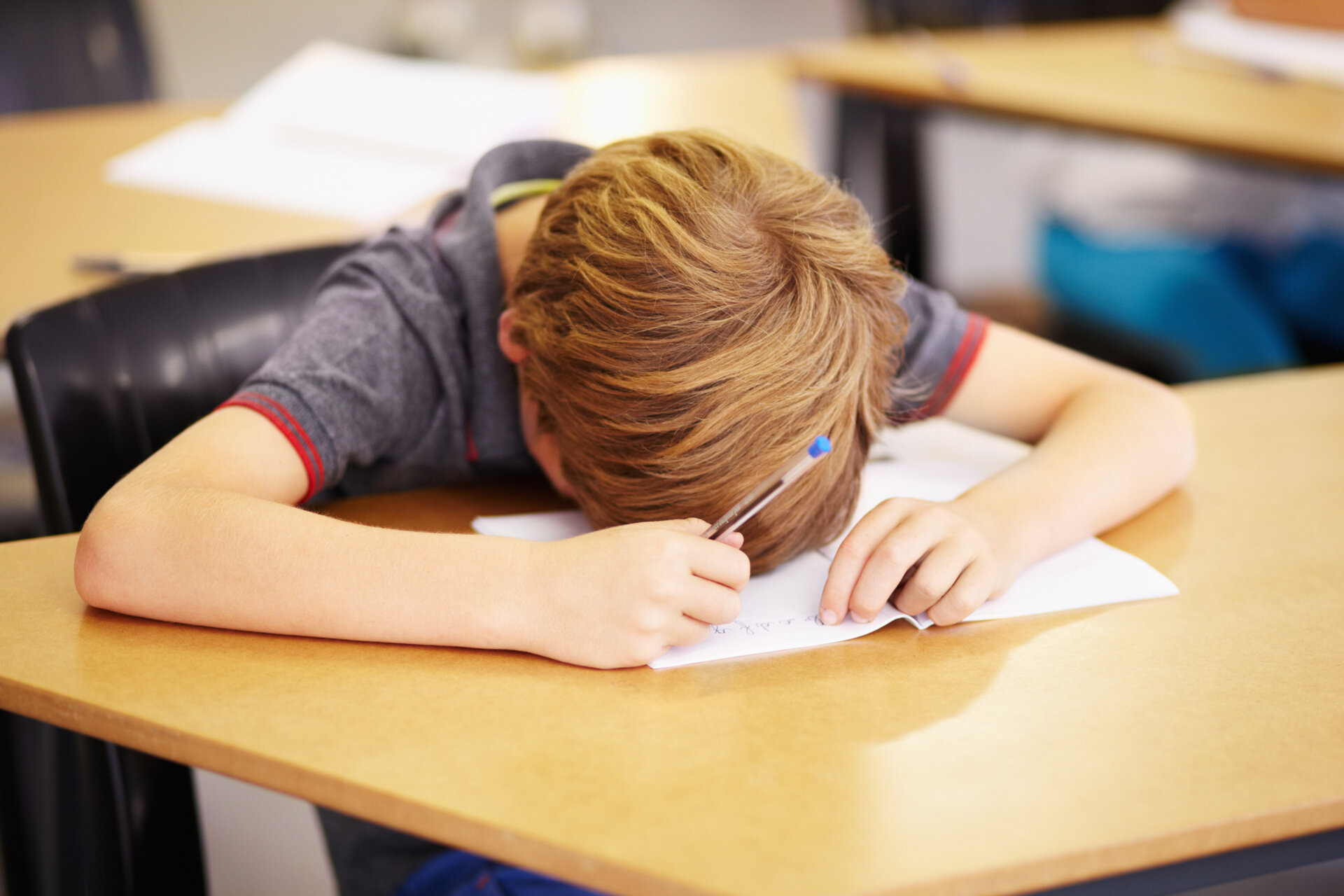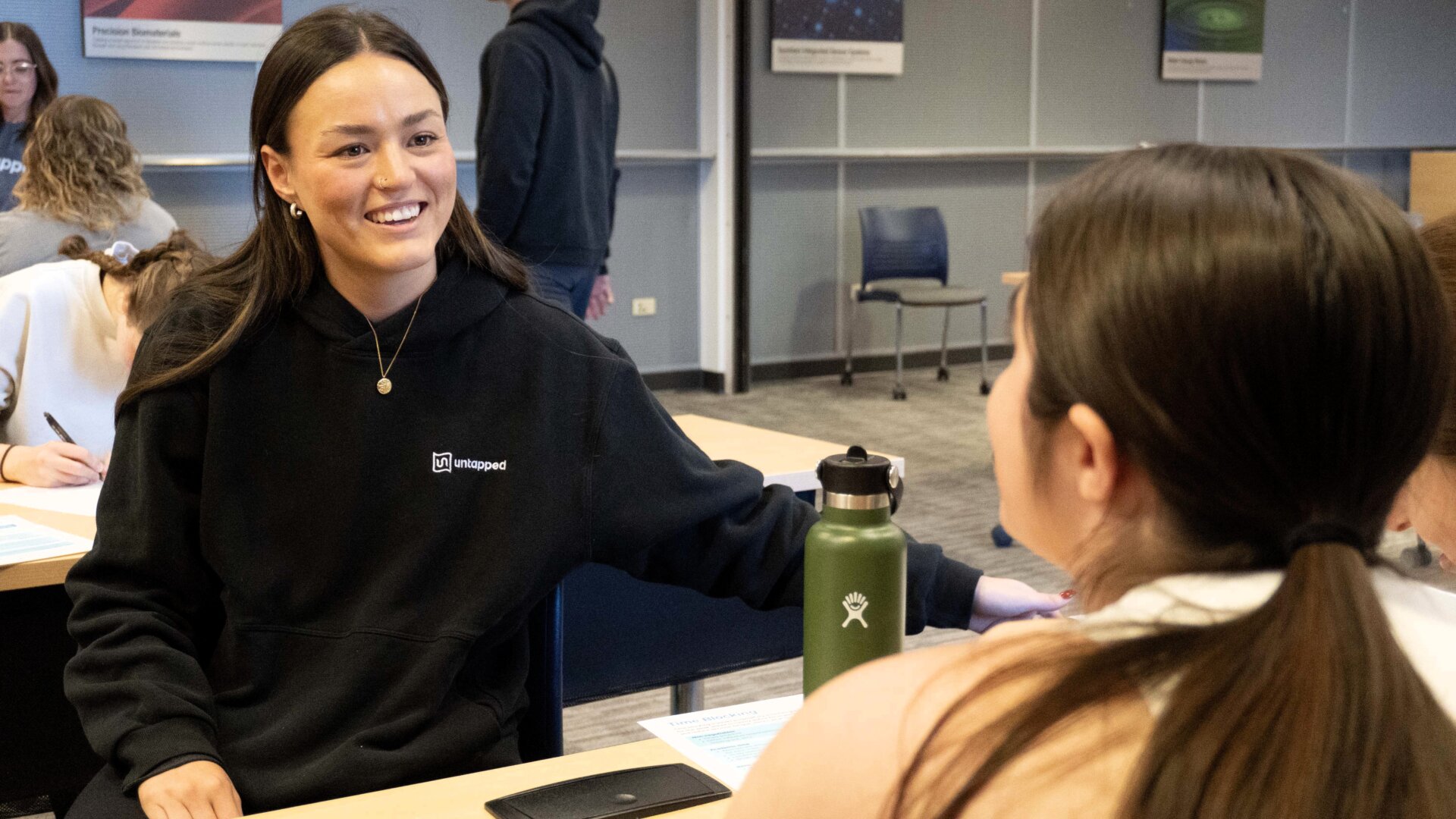November 20, 2024

Summary: Twice-exceptional students, those who are both gifted and face learning challenges, need unique support to navigate the academic and social challenges they encounter. Recently, Dr. Jill Aloia, a developmental psychologist with extensive experience working with neurodiverse children, shared her approach to helping these students thrive. Her insights on executive function, providing structured support, and managing expectations offer valuable guidance for educators, parents, and mentors who want to support twice-exceptional learners.
Understanding Twice-Exceptional Students: Strengths and Struggles Together
Twice-exceptional (2e) students are gifted learners who also face challenges like ADHD, dyslexia, or autism. Dr. Aloia describes them as having a “gap between what they know and what they can actually do.”
They might have a strong intellectual ability but struggle with things like organization, time management, and finishing tasks. These kids often feel the pressure of high expectations, from both themselves and others, and it can be frustrating when they’re unable to meet them.
A big misconception Dr. Aloia clears up is that intelligence doesn’t automatically mean strong self-management skills. As she puts it, “These are the kids who might cure cancer but can’t find their car keys.” Recognizing that giftedness and executive function challenges can coexist is the first step in giving these students the support they need.

The Role of Executive Function: Building Skills Over Time
For twice-exceptional students, executive function skills don’t always keep up with their intellectual abilities. This gap can be frustrating as they struggle with everyday tasks that seem simple to others. Dr. Aloia compares executive function to “the foundation of a house.” Without that solid base, even the brightest minds can struggle.
This delay can lead to a cycle of frustration, not just for students but also for the adults around them, who may expect these students to “just get it.” Taking a patient approach and focusing on gradual skill-building can help 2e students manage frustration and build independence over time.
Balancing High Expectations with Patience
Twice-exceptional students often face high expectations, sometimes feeling that they “should” be able to handle everything with ease. Dr. Aloia mentions that people sometimes equate intelligence with an all-around capability, leading to frustration when 2e students struggle with certain tasks.
This “should” mindset can hurt a child’s self-esteem. Dr. Aloia says, “Kids know they’re smart. If they’re in advanced classes or reading ahead of their peers, they know they’re different. But when they struggle with executive skills, they start feeling like something is wrong with them.” By managing expectations and avoiding the “should” language, adults can help these students feel supported rather than pressured.
Scaffolding: Supporting Independence, Not Dependence
Supporting twice-exceptional students means finding a balance between helping them and giving them the freedom to develop independence.
Dr. Aloia suggests a scaffolding approach. This is providing support at their current level and gradually reducing support as they build skills. For example, a parent or teacher might help a student organize ideas for a project and manage time, but let the student focus on the content independently.
Scaffolding allows students to succeed within a structure, building their confidence without making them reliant on constant help. As they get better at managing tasks on their own, the support is scaled back, giving them room to grow and take on more responsibility.

Handling Defensiveness and Perfectionism
Twice-exceptional students often resist help, especially if they’re used to succeeding in certain areas without support. This resistance can come from perfectionism, which is common among gifted students. Dr. Aloia explains that because these kids are accustomed to doing well, they sometimes avoid situations where they might struggle.
For students who resist support, Dr. Aloia recommends normalizing their challenges. Open conversations about both strengths and struggles can help students see that asking for help is a step toward growth, not a sign of failure. Validating their experiences and showing empathy can encourage them to open up to support.
Building Routines with Intellectual Engagement
One way to get twice-exceptional students on board with routines is to engage their intellect in the process. “Let them reason through the importance of routines, especially in areas they’re passionate about,” Dr. Aloia suggests. By connecting routines to their interests, whether it’s sports, academics, or a favorite hobby, students can gain a sense of ownership over the process, making it easier to stick with.
Engaging their intellect helps them understand why routines matter, especially as they connect these habits to their goals. For example, if a student wants to become a scientist, discussing how staying organized can help them reach that goal can make routines feel purposeful and motivating.

Key Takeaways for Supporting Twice-Exceptional Students
- Acknowledge the Gap: Understand that twice-exceptional students may excel in some areas but struggle with executive function skills. Recognizing this gap can reduce frustration for everyone involved.
- Practice Scaffolding: Provide structure where it’s needed, like time management or task organization, and gradually scale back support to help students develop independence.
- Manage Expectations: Avoid the “should” mindset. Focus on progress and realistic expectations, which can help maintain a supportive atmosphere.
- Normalize Challenges: Have open conversations that validate twice-exceptional students’ experiences, which can reduce resistance to accepting help.
- Engage Their Intellect in Routines: Connecting routines to their personal interests can encourage consistency, helping students develop the skills they need to thrive.
Building Self-Esteem and Social Connections
Social challenges can add to the difficulties twice-exceptional students face. Finding connections that align with their strengths and interests can provide a sense of belonging and reduce frustration. For example, connecting with peers who share similar academic or creative interests can be a game-changer for social confidence.
Building self-esteem through their strengths helps twice-exceptional students feel valued and can lay a foundation of confidence for future challenges.
Supporting Growth While Honoring Strengths
Dr. Jill Aloia’s approach emphasizes the importance of recognizing both the strengths and unique challenges of twice-exceptional students. By building executive function skills through scaffolding, managing expectations, and supporting self-acceptance, we can help these students reach their potential while respecting their individual needs.
Untapped Learning offers specialized coaching and resources to help twice-exceptional students develop executive function skills, build confidence, and foster growth.
Explore Untapped Learning to learn more about how we can support twice-exceptional students on their journey toward self-sufficiency and fulfillment.

Brandon Slade is the founder of Untapped Learning. He combines his personal experience with executive function challenges with his years of experience in order to help students across the country.





